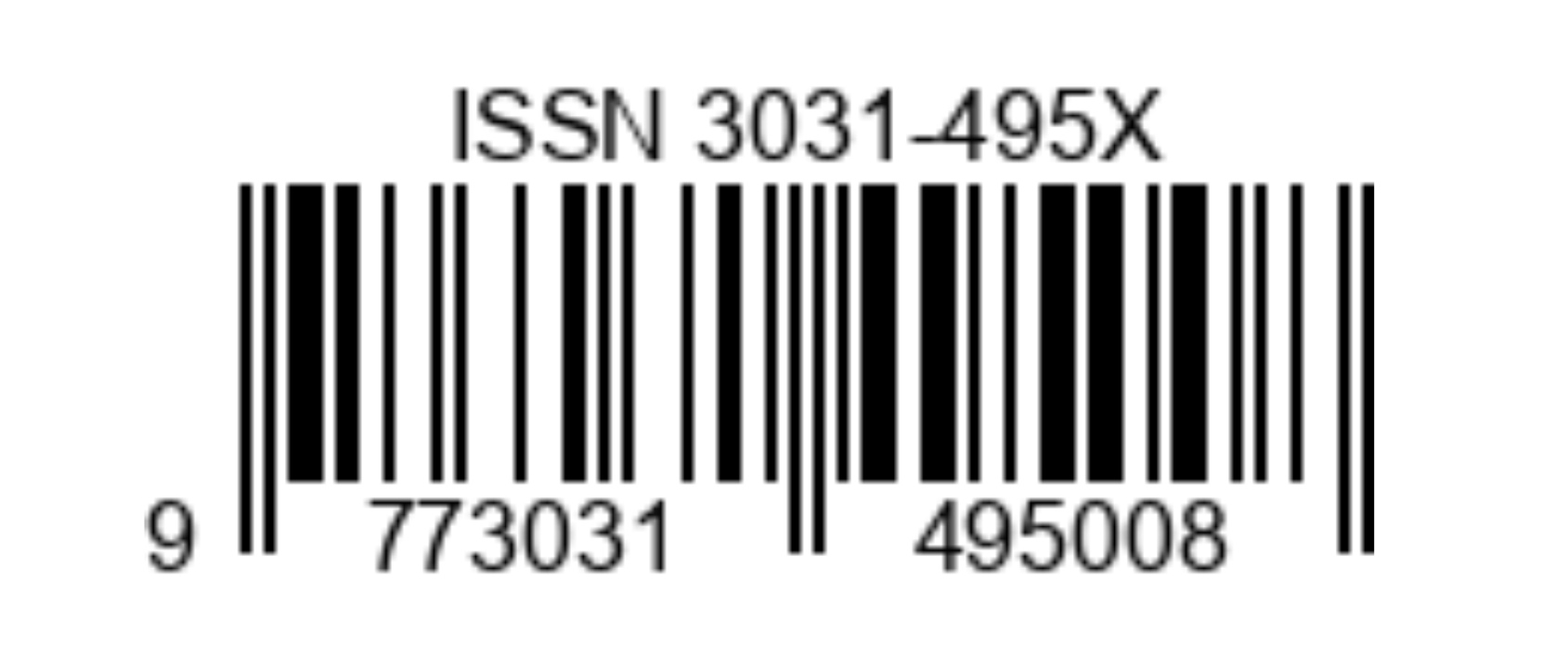The Effectiveness of the Maternal and Child Welfare Bill on Paternity Leave in Private Companies
Abstract
The Maternal and Child Welfare Bill have introduced significant changes to the granting of paternity leave in Indonesia. The draft law provides a maximum leave of 40 days for male private employees whose wives give birth. Previously, in the Labor Law, husbands only get a maximum of 2 days of paid leave. This ruling is based on the need for the presence of fathers and husbands to support the creation of better welfare for mothers and children. This major change will certainly have an impact on the Indonesian workforce. This study uses a literature review approach. The results show that the Maternal and Child Welfare Bill has emphasized the importance of the father's role in the family and encourages fathers' involvement in child care. Male workers are more likely to use paternity leave if there is a replacement of income and their rights are protected when returning to their original job. So there need to be further arrangements regarding the contribution of paid leave funding for fathers. It is therefore recommended that employers and the state jointly bear the responsibility of paying for paid paternity leave. The employer bears the costs of each male worker who accompanies his wife giving birth in the amount of 100% of his wages in the first 10 days; 75% of his wages on the second 10 days; then on the third and fourth 10 days, incentives are given from the national social security in the amount of 50% and 25% of their wages consecutively. Furthermore, there needs to be a regulation regarding the legal consequences if the employer does not provide paternity leave rights for male workers.










